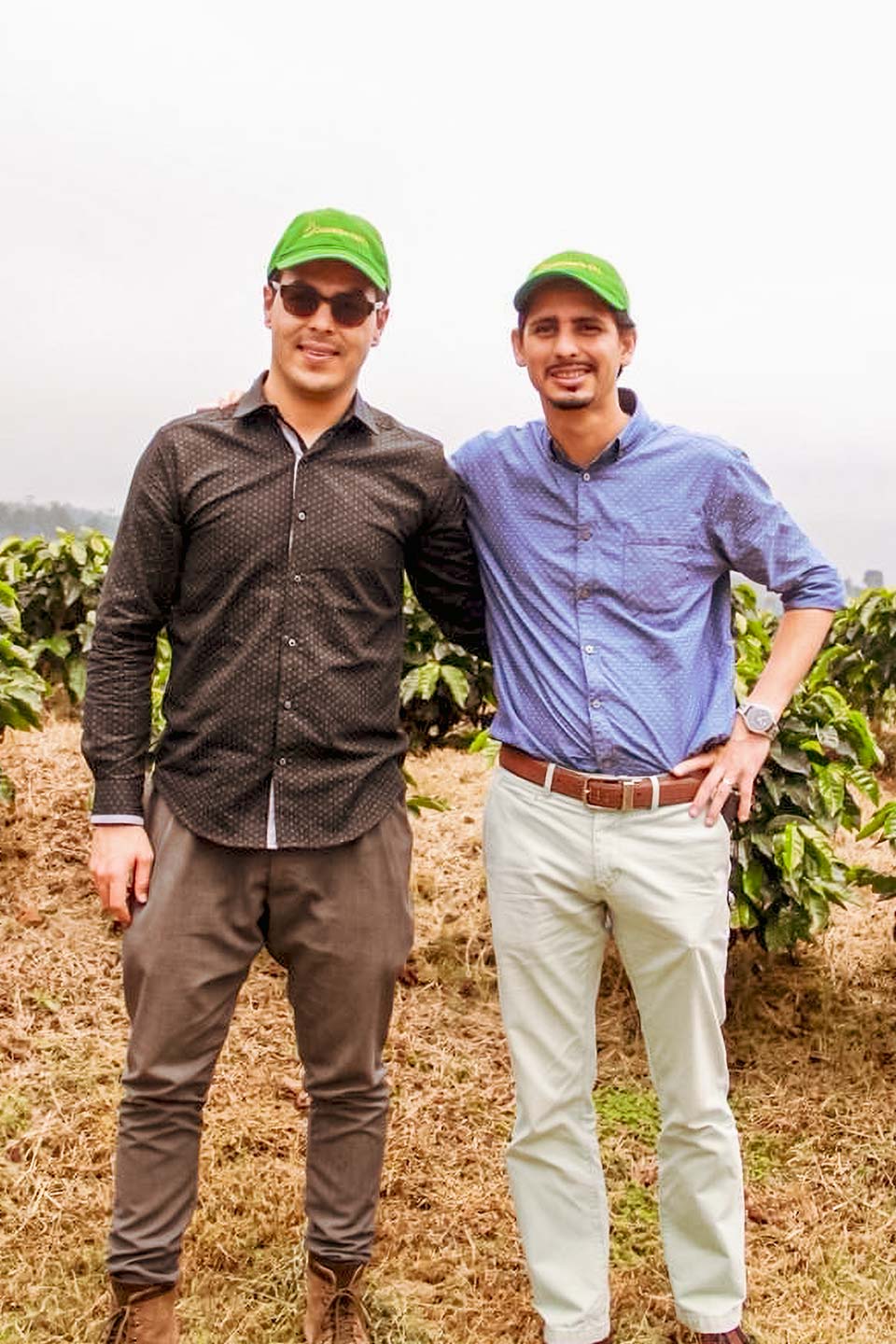
More than Money: Uniting People with Coffee
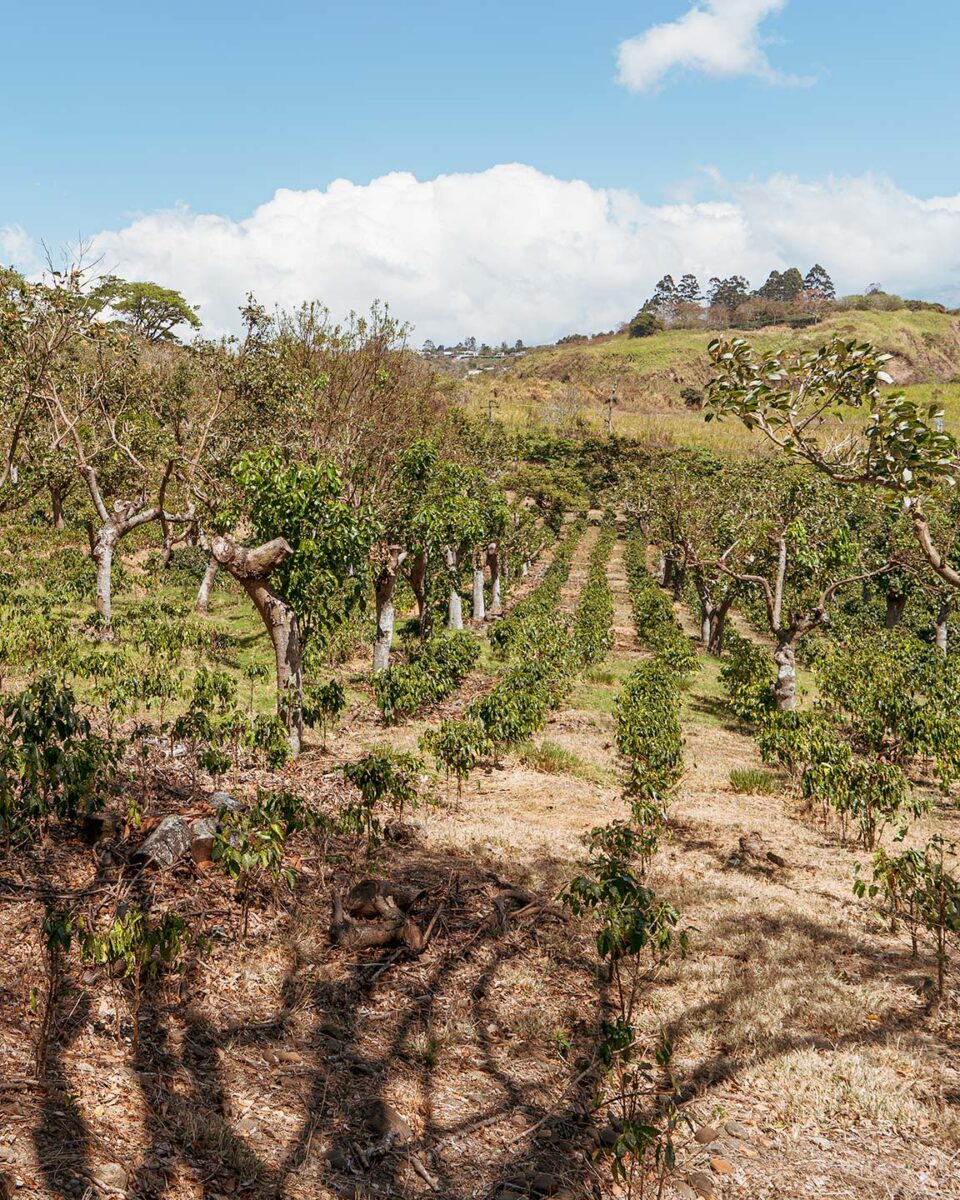
Nestled in the heart of Costa Rica lies the Central Valley, a region with a two-hundred year history in coffee culture – the longest among the seven production areas. With an altitude of over 1,200 meters, it is blessed with abundant rainfall, sunlight, and fertile soil, the ideal conditions for coffee production.
Coopelibertad, a cooperative deeply rooted in the Central Valley, has gained recognition from customers around the world, particularly in Europe and North America, with its meticulous approach to coffee production that maximizes the regional characteristics. And with one of its five original brands, Matinilla Fancy, winning the competition organized by the Fair Trade organization multiple years in a row, its reputation for stable quality keeps growing.
General Manager Guillermo Trejos joined Coopelibertad in 2017 and has been leading the reforms in the cooperative, and alongside Martin Padilla, responsible for trading and quality control, they have taken a people-centric approach while also focusing on producing high quality coffee. As a result of their efforts, membership of the cooperative has risen from 400 in 2017 to 600. Despite competing against multinational corporations, Coopelibertad has carved out a solid position in Costa Rica’s coffee market. We spoke to Guillermo and Martin to find out the secret behind their success.
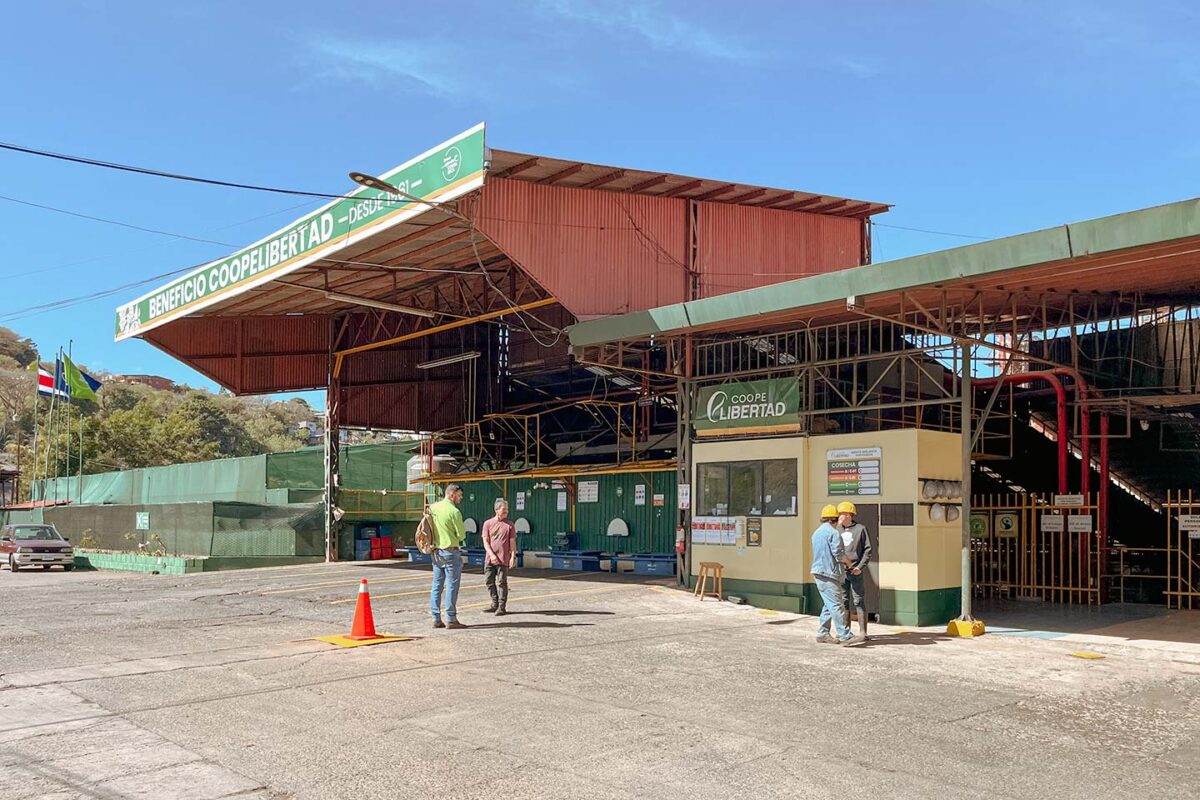
Protecting freedom and independence
In 1961, a group of farmers came together and formed the cooperative Coopelibertad – naming it after the Spanish word for liberty to represent both their desire and commitment to the cooperative cause.
It was an era when exploitative practices were rampant in the coffee industry in Costa Rica. Smallholders were forced to sell their coffee at rock-bottom prices to larger producers, and if they couldn’t repay loans from large-scale producers, they risked losing their land.
In an effort to break free from this unjust system and achieve true freedom and liberation, farmers banded together and started a movement to form cooperatives in the 1960s. Coopelibertad was one of the eight cooperatives founded in the Central Valley region. The name was a unanimous decision.
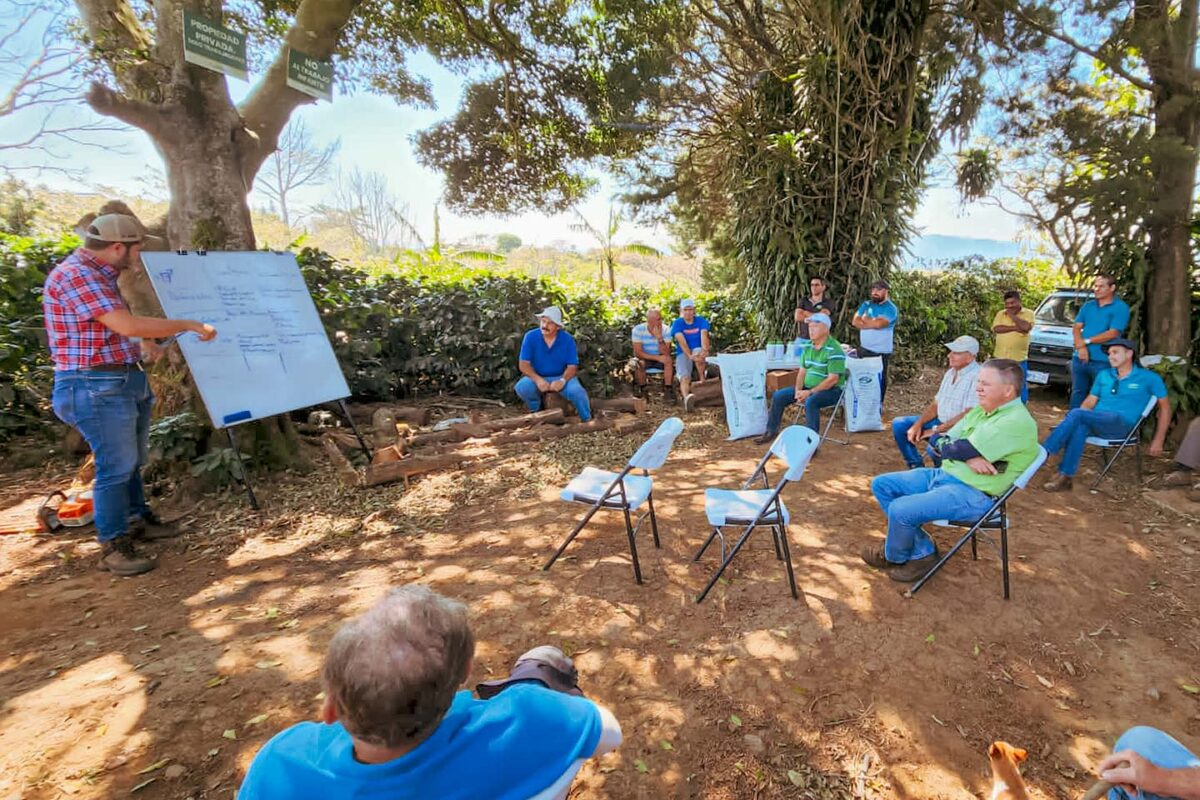
For over half a century since its establishment, Coopelibertad has been committed to creating a world where smallholders in Costa Rica can conduct business freely and without fear of exploitation. Despite the many changes that have swept through the coffee industry in Costa Rica, including the entry of multinational corporations into the green bean trade, smallholders are still at a disadvantage in the marketplace.
But by focusing on quality and sustainability, Coopelibertad has thrown a cog into the profit-driven market machine and secured their own position. In addition to purchasing beans at prices higher than the national average or those offered by multinationals, they also contribute to development and innovation through technical support from agronomists, funding for producers, a fertilizer support program, assistance in acquiring Rainforest Alliance Certification, and a range of other agricultural support initiatives. But it doesn’t stop there. For producers who become members of the cooperative, Coopelibertad provides other benefits including healthcare, discounts on consumer coffee, and other features to help improve the lives of smallholders. This is how they are able to compete with the multinationals, says Guillermo.
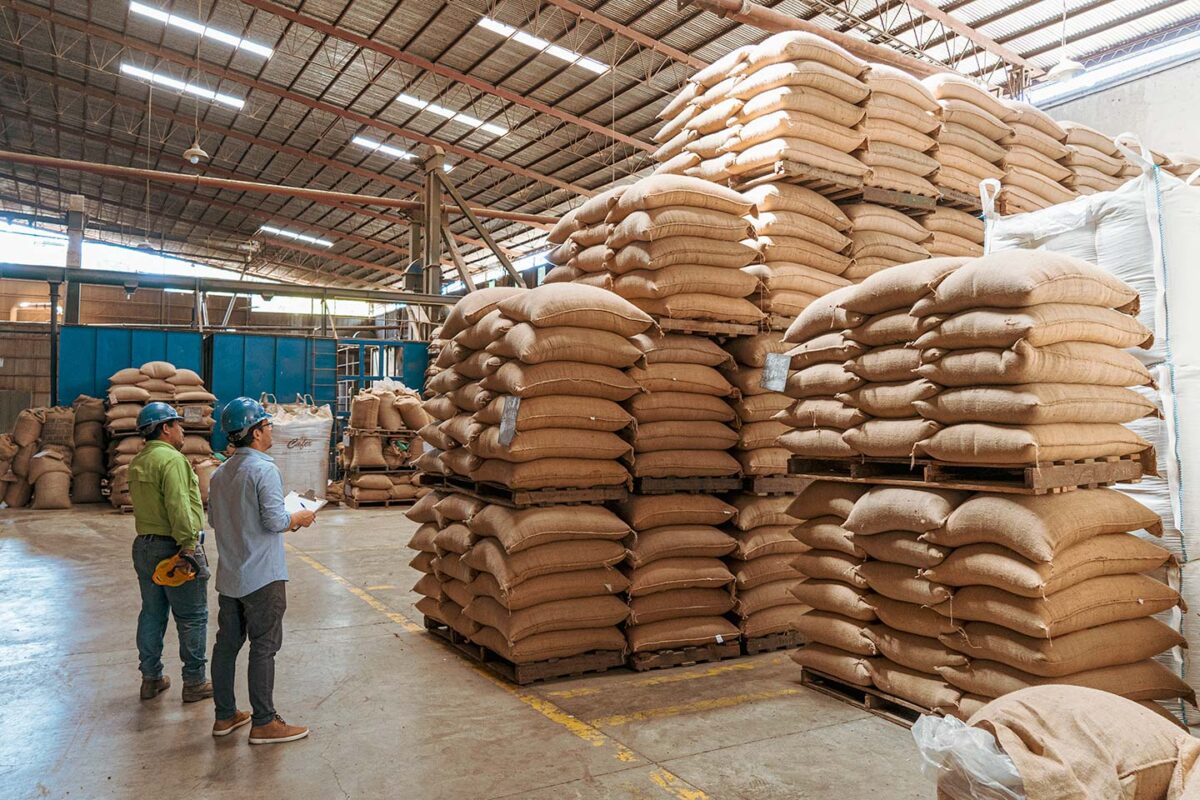
“Multinationals only care about the coffee they’re producing, and not the people who are making it happen. But we’re different. Our focus is on the people. Coffee is the medium that connects us with the producers. It’s not just about the coffee. Thinking about how to improve the quality of life for producers is also part of our job.
In Costa Rica, because multinationals are competing with people like us, they need to step up their game and offer more incentives for the coffee producers, and diversify the varieties. I’ve seen examples in other countries where the cooperatives have lost their power and the multinationals have started dictating prices, creating a situation which is not sustainable. But here in Costa Rica, we’ve got a mix of cooperatives, private companies, and multinationals all working together in the same space.
Of course, it’s not all smooth sailing. The multinational corporations and the industry as a whole have already got so many things established and systematized, while we’re still in the process of structuring our organization as we grow and innovate. And we’ve got to be able to adapt to all the changes happening regionally and globally – like climate change. So it’s definitely a challenge.”

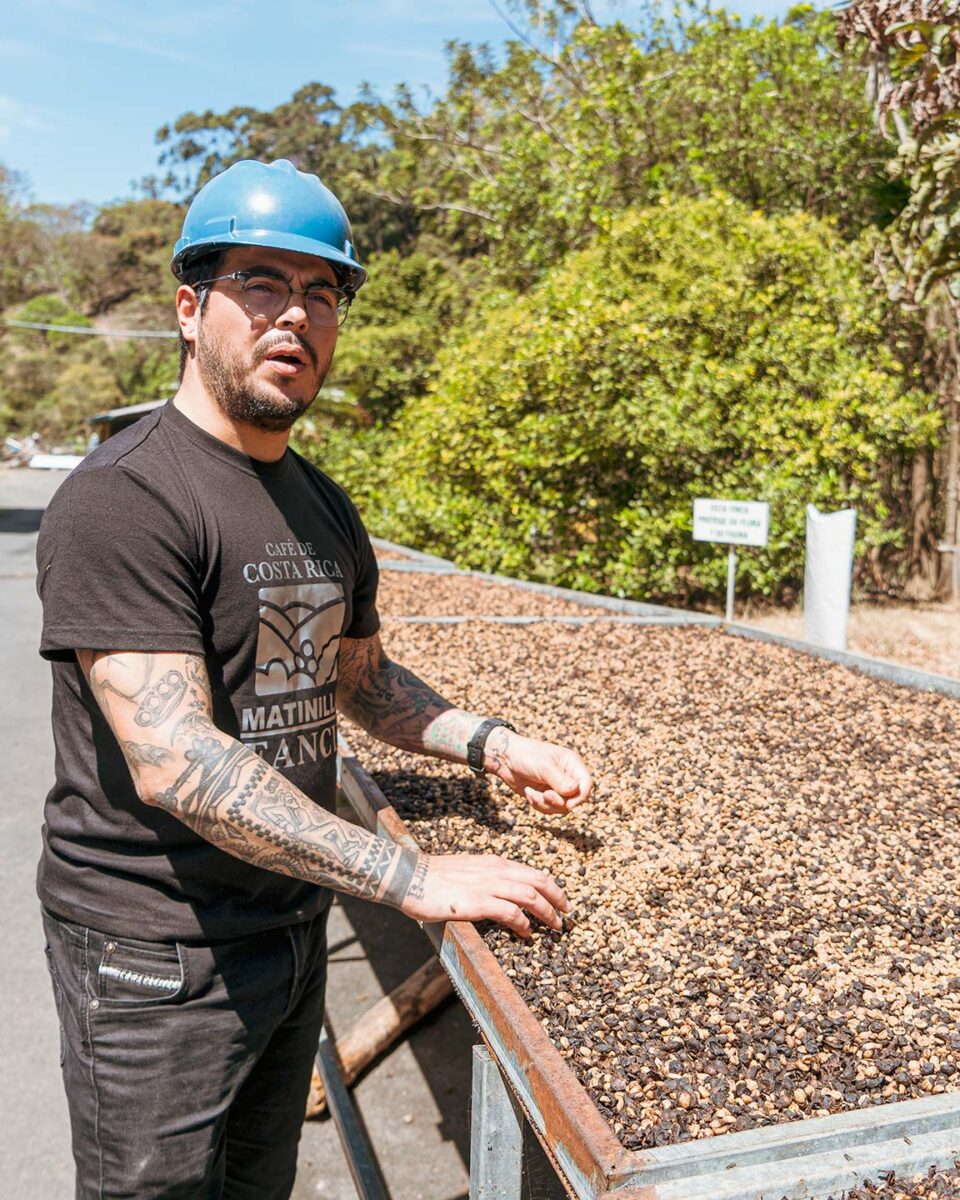
Ambition sparks innovation
As organizations become more established, they often become more set in their ways, exchanging their innovative spirit for the security of stability. But not Coopelibertad. The past six years have seen them undergo a remarkable transformation. A large part of that has been thanks to Martin who has introduced a range of initiatives designed to increase the motivation of coffee producers.
“The most significant innovation is our involvement in the processing stage, which we weren’t involved in before. Now we manage every step from picking the cherries to loading the coffee bags into containers, and we have put strict protocols in place.
One of the major contributions to increasing the motivation of the farmers is the micro-lot program which sells individually processed high-quality coffee, with the origin farm and producer labeled on the product. It’s a huge opportunity for our producers to get recognized worldwide and increase their income. And it has encouraged more experimentation with processing methods, like anaerobic, double washed, and triple washed processes, all of which give our coffee a distinctive profile and help it stand out.
And the driving force behind all of these initiatives is Guillermo. He’s leading us in finding new ways to grow and innovate. Not only in our approach to business but in things like using unconventional marketing methods and exhibiting at international trade shows to increase our recognition on a global scale.”
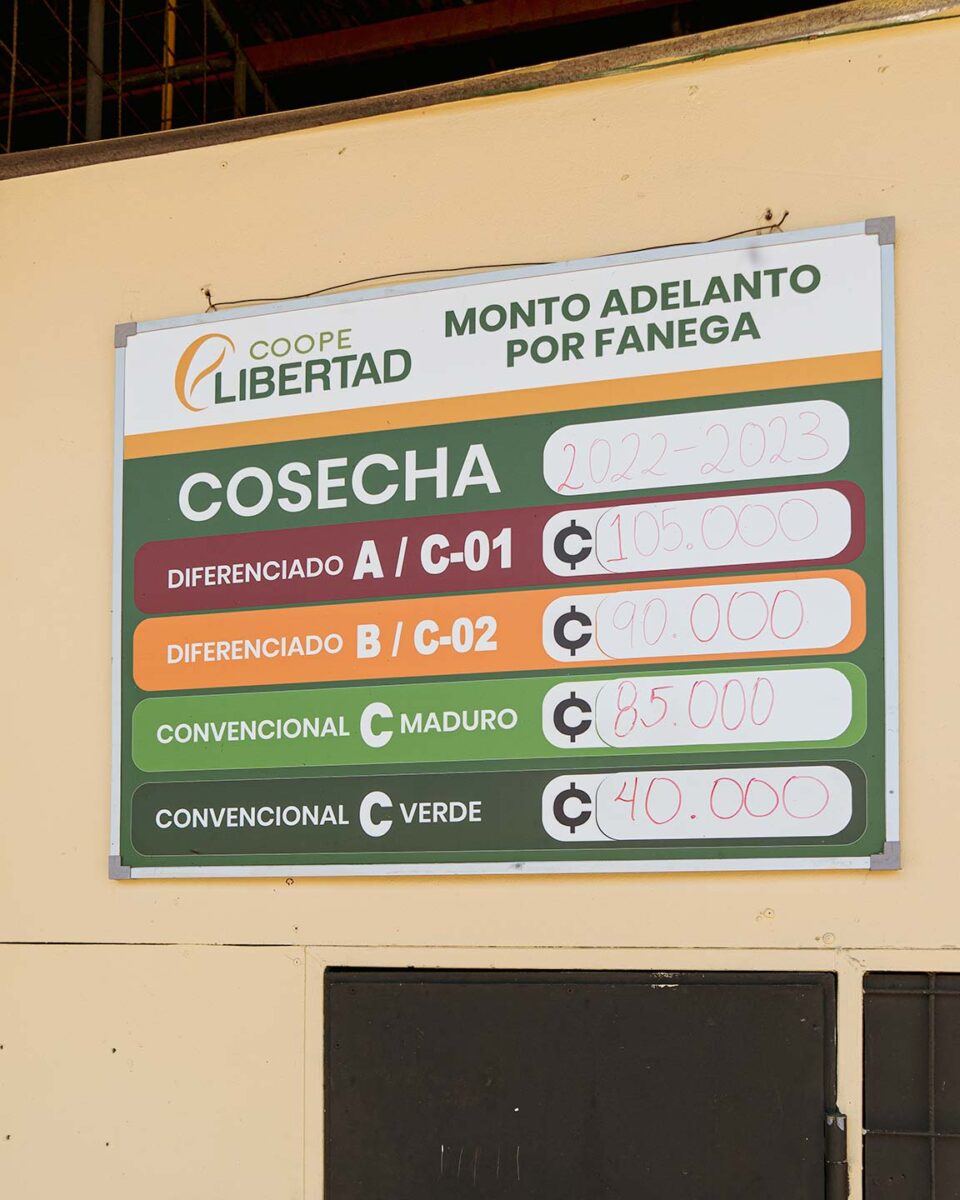
Thanks to these initiatives, Coopelibertad’s A-grade quality coffee, the highest out of the three (A, B, C) categories, has risen from 60% in 2016 to 80% of total produce.
Guillermo: “It’s a testament to the effort coffee producers have made to improve the quality of their coffee. In the Central Valley, the average land per producer is only around four hectares – not enough to make a living on agriculture alone. So it’s common for part-time farmers in this region to sell-up the family farm. But now we’re seeing more and more farmers reconsider that decision as they look at the potential of coffee production.
Here at Coopelibertad, we all work together. There are no strict boundaries between our departments or roles. Martin used to work at a more renowned cooperative in Los Santos. But here, he not only works as a cup taster in the quality control department, but helps out with marketing. We take over the tasks where we’re most needed. There’s a lot to be done so it can be overwhelming at times, but we believe in the value of what we’re doing. The secret to our success is that this is more than a job for us. It’s about actively wanting to fulfill our roles and make a contribution.”

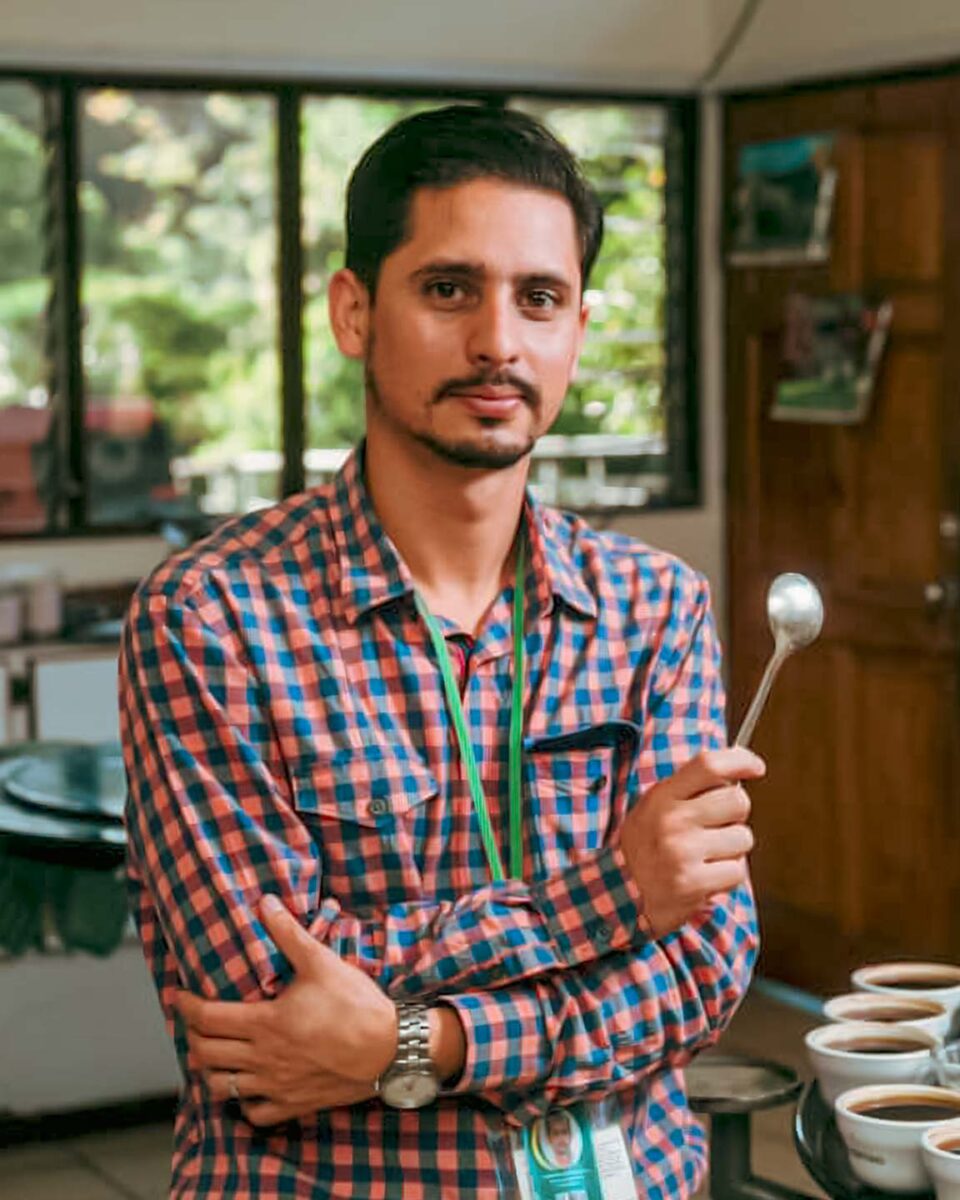
Coffee brings people together
Born and raised in the Central Valley, and with a father who was an agronomist, entering the coffee industry was a natural step for Guillermo. Majoring in Business Administration at Costa Rica University, he studied community work with a focus on coffee producer cooperatives, and chose coffee roasting as the theme of his graduation thesis.
After graduation he spent five years as a management assistant at one cooperative and five as a finance manager at another before joining Coopelibertad. Since then, Guillermo has spent 16 years in the coffee industry working from the perspective of a cooperative, with the awareness that the industry often fails to value people. It has helped him gain a deep understanding and appreciation for the strengths of the cooperative.
“Coopelibertad has been around for 60 years now so it’s an established and stable organization. It’s not going to suddenly disappear overnight. What makes us interesting is that, while long-term partnerships might be common in our industry, at Coopelibertad, we don’t just build business relationships, but lasting friendships too.
Coffee is an incredibly complex industry. As an agricultural product there are so many factors that can influence it from the weather, to fluctuations in the stock market price, to supply and demand. But when you understand all of these mechanisms, and you think about how cooperatives are driven by people, it gives you hope for the future of cooperatives.”
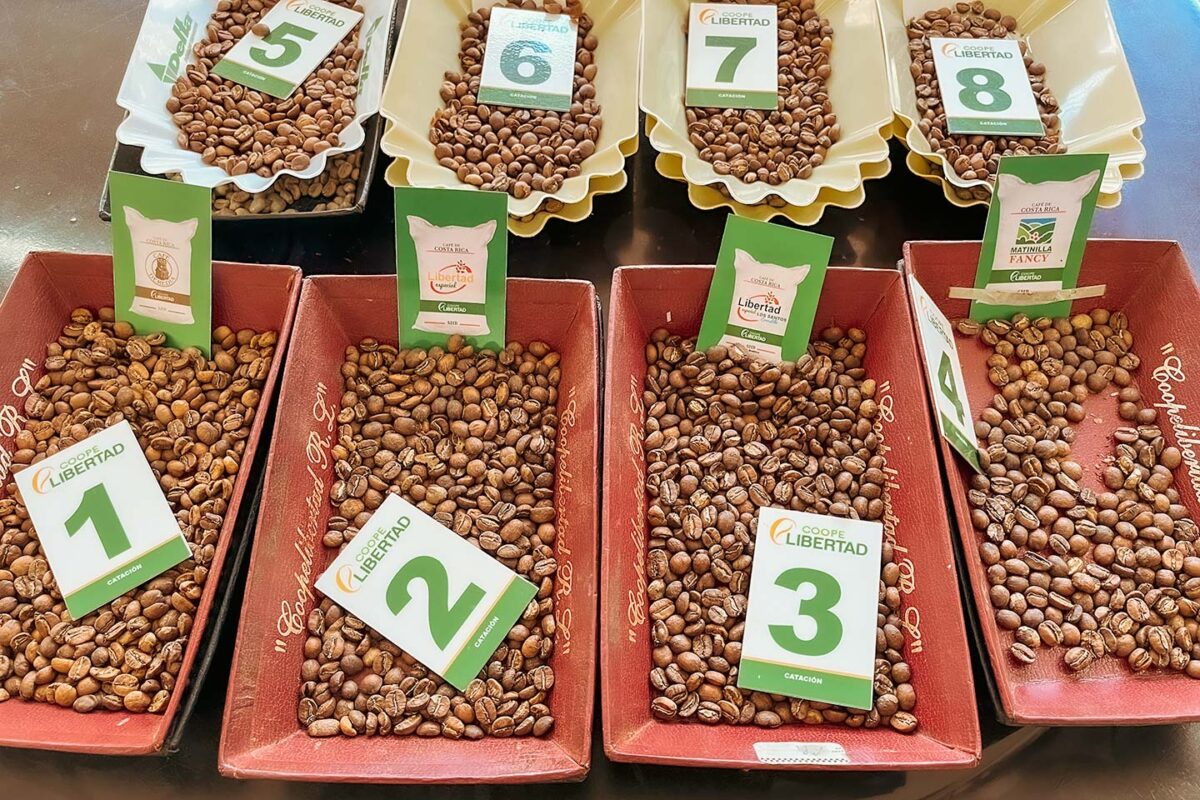
Putting people first may be essential, but it is not always an easy task. And there were times when Guillermo experienced stress and anxiety. In the past, he found himself comparing his career to those of his former classmates who’d gone into finance or technology. Guillermo began to question his career path and wonder whether he’d made the right decision. Then the COVID-19 pandemic changed everything. While his former classmates were losing their jobs and struggling to figure out their next move, Guillermo had little cause for concern.
“I think the pandemic exposed the vulnerability of other industries. And considering all that’s happened I feel really fortunate to be in an industry where I can make a living, and see the potential for me to grow both as an expert and as an individual. It’s also important to me that Coopelibertad is not just about the money. Being part of a socially responsible organization like this keeps me positive and motivates me to work hard. I feel like everything I’ve done in my life up to this point has been to prepare me for this job.”
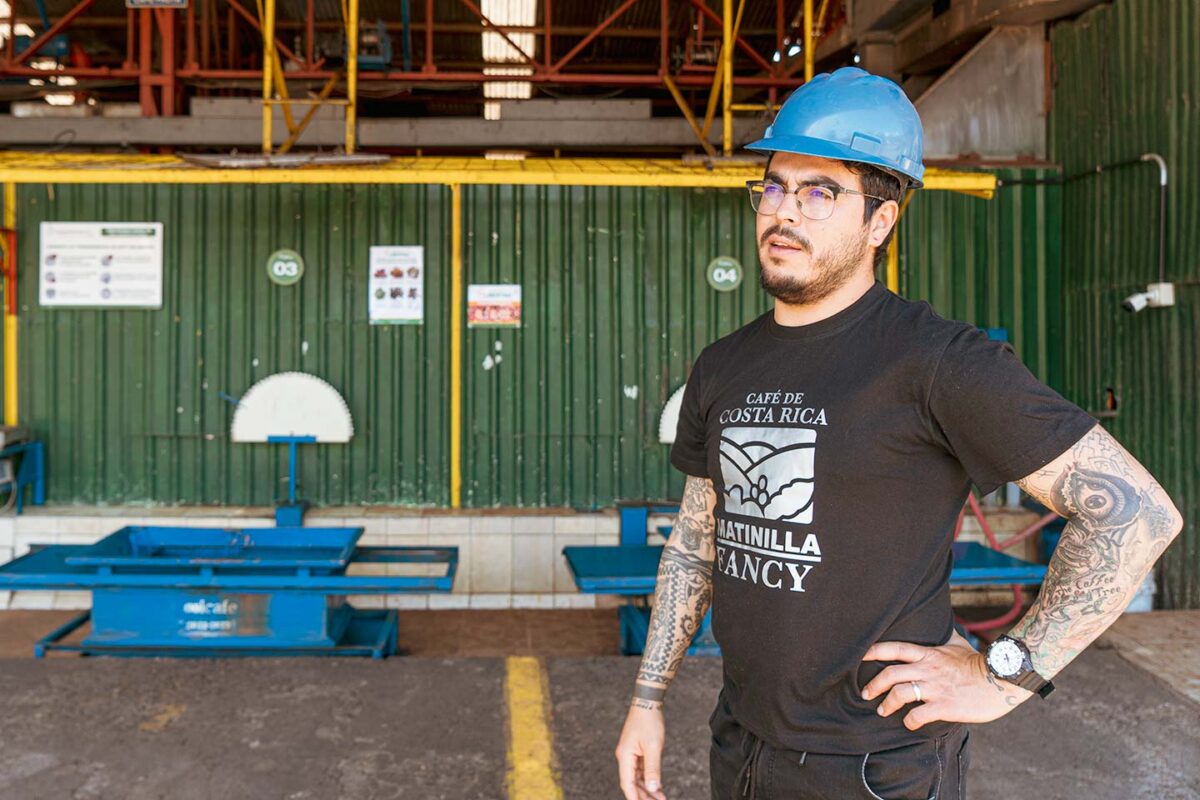
Martin, who joined Coopelibertad in 2018, comes from four generations of coffee producers. Born and raised on a coffee farm, he has vivid memories of running through the coffee trees and helping out in harvest season. For Martin, coffee is in his blood.
“There’s still plenty of room for cooperatives to grow. I think the reason I’ve stuck with cooperatives like Coopelibertad is because they value people above all else. It’s not just about supporting smallholders, or getting a fair price for the coffee. It’s about building strong connections between workers, customers and everyone involved. And that’s what drives me: the desire to foster those relationships and help them grow.”
Text: Tatsuya Nakamichi